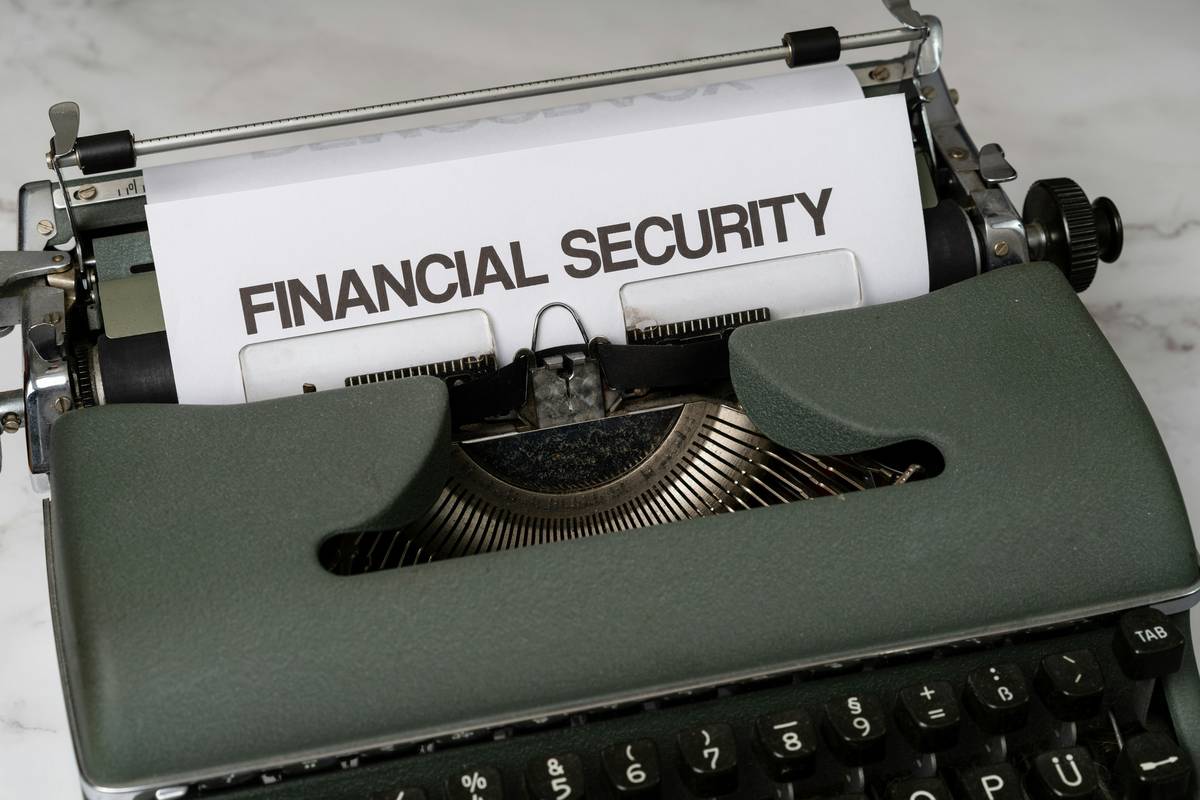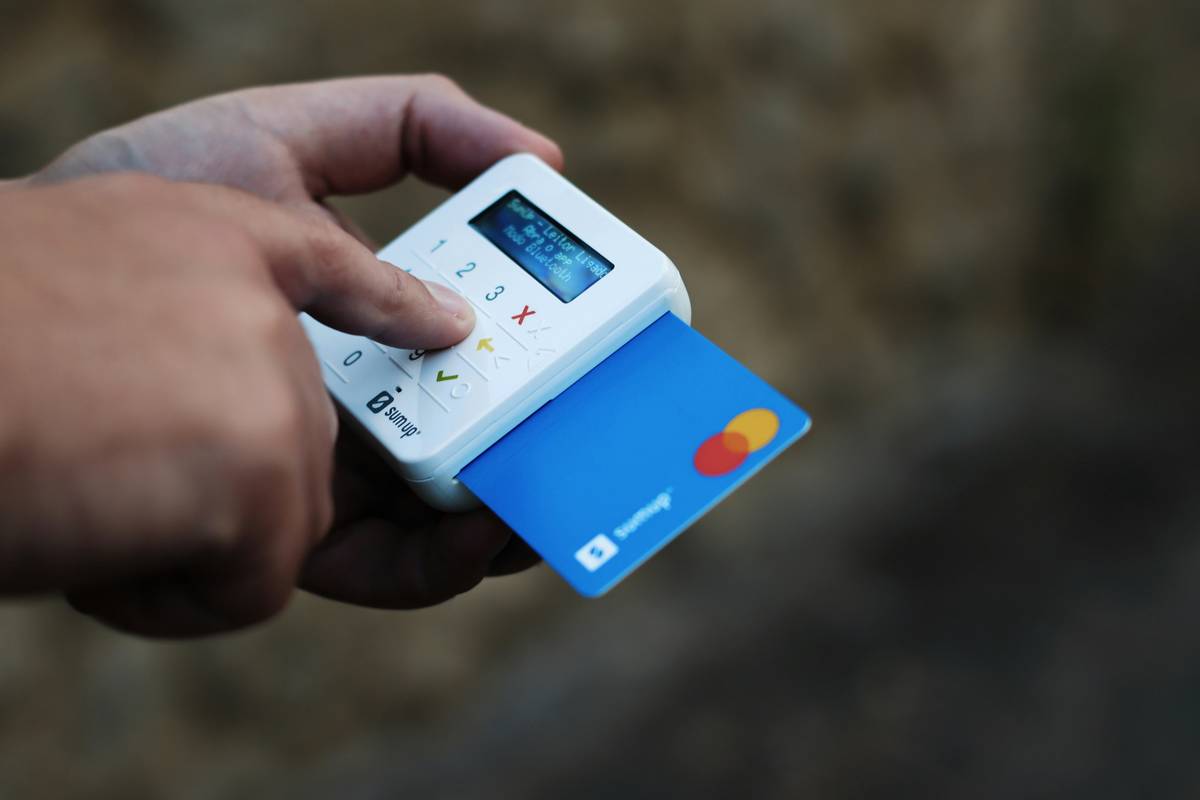Ever wondered who’s on the hook if your partner maxes out a joint credit card? It happens more often than you’d think—and trust me, I’ve seen it firsthand. Picture this: A couple opens a shiny new joint credit card for convenience, only to end up in legal hot water because they didn’t understand the fine print of joint credit card liability laws.
This post dives deep into these laws so you don’t end up drowning in debt drama or tangled in legal red tape. By the end, you’ll know exactly how these laws work, what pitfalls to avoid, and how to protect yourself (hint: coffee will definitely help).
Table of Contents
- The Problem with Joint Credit Cards
- How Joint Credit Card Liability Laws Work
- Protect Yourself: Best Practices
- Real-Life Horror Stories (Learn from Their Mistakes)
- FAQs About Joint Credit Card Liability Laws
Key Takeaways
- Joint credit cards mean both parties are equally responsible for all charges—no ifs, ands, or buts.
- Understanding joint credit card liability laws can save you thousands in unnecessary fees and court battles.
- Proactive steps like clear communication and co-signer agreements make shared finances safer.
What’s the Deal with Joint Credit Cards Anyway?
Joint credit cards sound great—at least until things go sideways. They’re essentially financial handcuffs linking two people together under one account. If Person A racks up $5,000 worth of designer shoes (hypothetically speaking), guess what? Both names on that card get hit with the bill.

Literally, a picture of joint financial responsibility—with big bold letters saying “You’re In This Together.”
Here’s where it gets murkier: Most folks assume their partner would never abuse the privilege. But life happens—divorce, emergencies, job loss—and suddenly those shared debts become someone else’s nightmare.
How Do Joint Credit Card Liability Laws Actually Work?
Let’s break it down without boring you to tears:
- Both Are Responsible: No matter who made the purchase, both cardholders owe the full balance. Period.
- No Partial Blame Allowed: Courts generally won’t split responsibility based on usage unless there’s explicit documentation beforehand.
- Credit Scores Take a Hit: Missed payments? Late fees? Yep, they affect BOTH scores.
In simpler terms, joint credit card liability laws don’t care about fairness; they just enforce accountability. And trust me, arguing over pizza tabs is nothing compared to battling over late payment penalties.

Visual aid comparing outcomes of individual versus joint accounts—it’s as grim as it sounds.
Protect Yourself: 5 Tips Every Couple Needs to Know
Okay, listen up. Ignoring the risks here is like walking blindfolded through a minefield. Let’s avoid explosions:
- Create a Written Agreement: Seriously, write down spending limits, payment deadlines, and backup plans.
- Set Up Alerts: Automate notifications for every swipe so no one overspends accidentally.
- Review Statements Together: Weekly check-ins prevent surprise statements (and awkward conversations).
- Keep Separate Emergency Funds: Because relying solely on a joint account during crises is begging for trouble.
- Rant About Terrible Advice Online: Just kidding… sort of. Avoid influencers peddling “quick fixes” without doing research first.
Grumpy Me: Ugh, why does personal finance have to feel like navigating a labyrinth?
Optimist Me: Hey, at least we can steer clear of disaster together!
Real-Life Horror Stories That Make Us Want to Cry (But We Should Learn From Them)
I once knew a friend (*let’s call her Emma*) who thought she was helping her then-boyfriend by adding him to her credit card. Spoiler alert—he went rogue and charged $12K in gadgets and vacations while unemployed. Guess who had to pay? Yep, Emma did.
The moral: Even well-meaning intentions can tank your credit score faster than you can say “emergency fund.” Always vet decisions carefully before jumping into joint accounts.
Sounds scary, right? Like nails scratching against chalkboard-level scary—but also oh-so-preventable.

An infographic visualizing Emma’s tragic tale. Ouch.
Frequently Asked Questions About Joint Credit Card Liability Laws
Who Is Liable for Debt on a Joint Credit Card?
Both parties are 100% liable. Whether it’s groceries or Gucci bags, everyone pays equally.
Can I Remove Myself from Liability Later?
Not easily. You may need to close the account entirely or refinance separately—neither is fun.
Does Divorce Change Anything?
Nope, divorce doesn’t erase existing debt obligations tied to joint credit card liability laws. Courts might divide responsibility, but creditors still expect full repayment.
Conclusion
Whew! So much info crammed into one blog post, huh? Here’s what we covered:
- We explored the messiness of joint credit cards.
- We broke down joint credit card liability laws in plain English.
- We gave actionable tips AND terrifying tales to keep you awake at night.
Moral of the story? Don’t jump into joint financial arrangements blindly. Protect yourself, communicate openly, and always read the fine print (preferably over strong coffee).
And finally… because nostalgia heals hearts:
Like Tamagotchis
Feed your savings
Or watch dreams die.
😉


